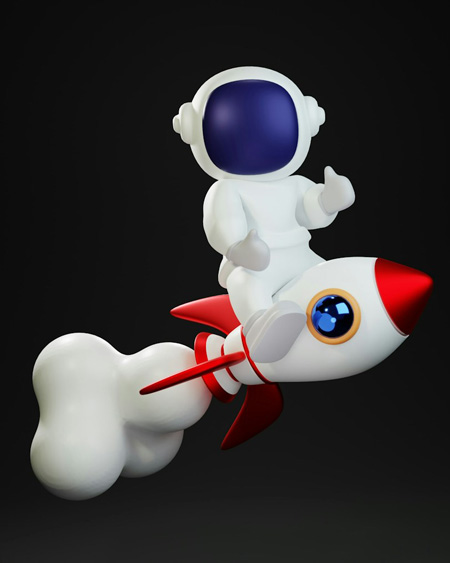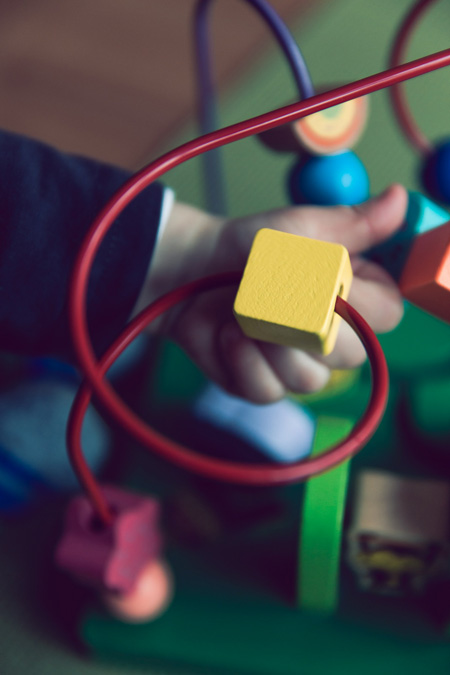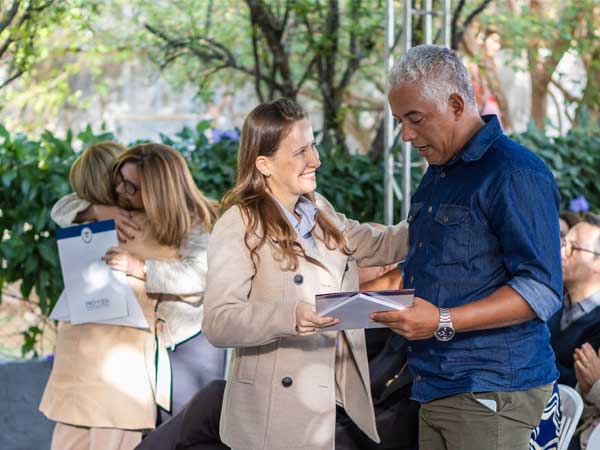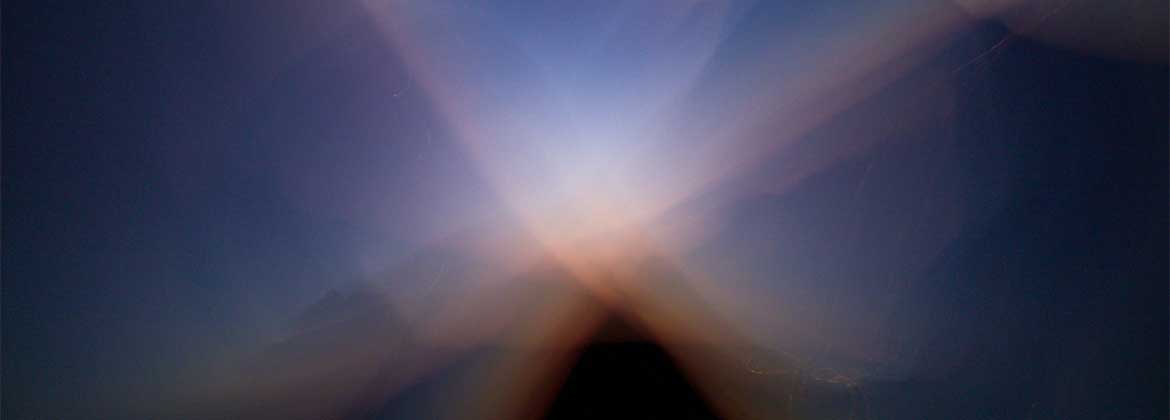Who Turned on the Moon’s Light?
Who Turned on the Moon’s Light?

Focused on his thoughts, a child gazes at the sky through the car window. “Mom, who turned on the Moon’s light?” asks the four-year old boy. He doesn’t know yet, but long before he was born, in 1969, humanity set foot on the Moon for the first time, with astronaut Neil Armstrong demonstrating, among many things, that dreaming might be the first step to turning an idea into reality. Fifty-five years after the Apollo 11 mission, it was time for the first space tourism journey: on September 12, 2024, SpaceX’s Polaris Dawn mission carried four civilians into space, two of whom floated in space for a few minutes.
From a certain perspective, one could say such achievements, like so many others throughout history, stem from humanity’s quest for answers to fascinating questions. It is akin to a child dreaming of becoming an astronaut and imagining themselves in a rocket exploring the universe. Amid orbits around stars and hitching a ride on a comet’s tail, a mysterious world entices them, prompting questions driven by a natural human trait: curiosity.
German physicist and mathematician Albert Einstein often said, “The important thing is not to stop questioning. Curiosity has its own reason for existence.” Neuroscience reveals some of these reasons. It explains that curiosity activates the brain and keeps the “mind open.” People are then propelled towards creativity and imagination, which can lead them to explore the unknown. When combined with study and work, this exploration enables experimentation with different possibilities that may yield results. While the outcome may not always manifest as a groundbreaking idea, it can lead to learning experiences that can change someone’s life course—or even humanity’s.

Psychology highlights that curiosity fosters thinking outside the box, thus inspiring new behaviors in study, work, and daily life. It impacts autonomy, makes people more adaptable to change, and favors empathy. Therefore, curiosity, often seen as negative, is not a problem in itself. Its value depends on how it is harnessed. As Portuguese writer Eça de Queirós once said, “Curiosity: an instinct that leads some to look through the keyhole, and others to discover America.”
Why Do People Stop Being Curious?
As adulthood approaches, people seem to leave the “why phase” behind in childhood, gradually losing curiosity and creativity. This phenomenon was highlighted in a study by NASA researchers and a report by the OECD (Organization for Economic Co-operation and Development), which analyzed teenagers in various countries.
Neuroscientists, psychologists, and educators point to several reasons for this change, many rooted in childhood. The environment in which a child grows can either nurture or suppress their inquisitive and inventive nature. For instance, if a child learns to follow rules and patterns without critical thinking in an unstimulating and insecure environment, this tends to inhibit their curiosity and cognitive development, explains American neuroscientist Bruce D. Perry.

In schools, if students are immersed in an education system that discourages divergent thinking and prioritizes studying solely to meet teachers’ expectations for good grades, they tend to gradually lose curiosity and creativity. This issue is one of the 21st century’s challenges, as noted by Alex Beard, a specialist who studied education in 20 countries.
In addition to developmental factors, the routines of adult life and the fear of achieving unsatisfactory results can, according to neuroscience, lead to a comfort zone in the brain that prevents people from seeking new perspectives. A study published in the Journal of Research in Personality explained that humans tend to focus on feelings of uncertainty and anxiety when it comes to curiosity, often avoiding this path. However, as the study’s author, psychologist William Whitecross from the Australian National University, noted, “A curious response implies a desire to learn and understand the unknown while neutralizing our impulses to avoid, fear, judge, or attack what we don’t understand.” Thus, on the other side of the scale, curiosity “gives us the confidence to embrace new things, to learn and grow,” Whitecross explained.
This confidence is often visible in children but also in many young people and adults who manage to keep it alive by giving wings to their intrinsic desire to make the unknown known, explore new possibilities, push boundaries, and grow continuously. This desire manifests in various fields of knowledge and in the search for a deeper understanding of the purpose of life and the laws governing existence—topics that, since ancient times, have sparked human curiosity and inspired them to look to the sky. How far does human curiosity reach?
Sources
- SpaceX: First Commercial Spacewalk Completed in Polaris Dawn Mission | CNN Brasil (accessed September 18, 2024)
- WCD | What Stimulates Creativity? (worldcreativityday.com) (accessed September 19, 2024)
- NASA Study Reveals We Lose Creativity Over Time | Inspi (accessed September 19, 2024)
- The Surprising Decline of Creativity in Teenagers Worldwide Detected by OECD – BBC News Brasil (accessed September 19, 2024)
- The Role of Curiosity in Knowledge Development (lucidarium.com.br) (accessed September 19, 2024)
- Want to Control Anxiety? Curiosity Might Help – Forbes (accessed September 19, 2024)
- ‘Being a Teacher Should Be the Most Important Job of the 21st Century,’ Says Expert Who Studied Education in Over 20 Countries – BBC News Brasil (accessed September 19, 2024)
- The Importance of Curiosity in Early Childhood Education – Kinedu Blog (accessed September 19, 2024)
- Is School Responsible for Killing Creativity? Neuroscience Responds – PORVIR (accessed September 19, 2024)
- 20 Quotes by Albert Einstein to Understand Life, Science, and Art | Exame (accessed November 11, 2024)
- Life and Work of Eça de Queirós – Toda Matéria (accessed November 11, 2024)









